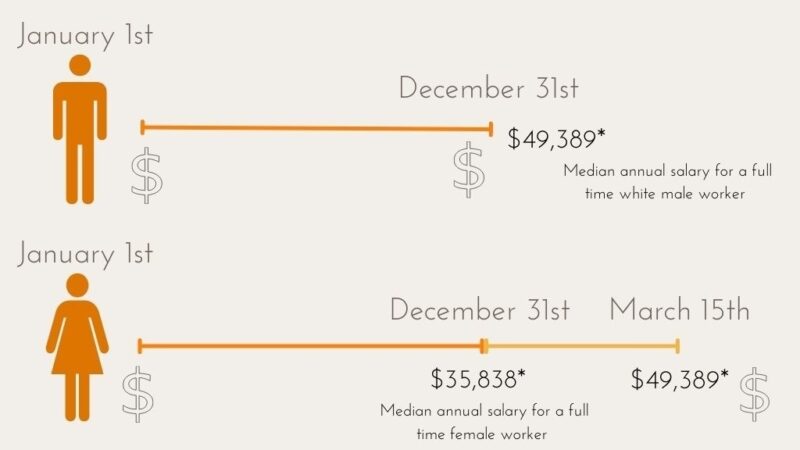PowerHouse Blog
Tips for Reliable Resilience
May 01, 2017 | By Erika Rasmussen

by Bozeman PowerHouse Amy Falcione
One of my family members has reached the end of modern medicine. Or that’s how it feels. For the past year, he’s had an undiagnosed condition that sends intense, shooting pain all over his body at random intervals throughout the day and night. Local physicians and Mayo Clinic doctors are flummoxed, and test after test after test have only shown that he’s in excellent health. At a recent appointment, the doctor threw up his hands and said, “I don’t know what else I can do for you.” That was hard to hear, though I appreciated his honesty. It feels like there are no more options and that modern medicine has shut its door.
So, what’s next? How does a person move forward after life delivers a big blow? There’s no manual for this, no easy 3-step process to magically fix everything, but I have learned a few strategies to strengthen my resilience and help me keep moving forward.
Have that pity party
We’re told to pick ourselves up and dust ourselves off when we get knocked down, but sometimes, you just want to lie on the floor and sulk a little. And that’s okay! It gives you time to go over what happened and sort through the emotional tidal wave. It’s important to reflect on what went wrong so you can avoid the same sequence in the future. It’s also important to avoid reliving the events over and over, running the dialogue and emotions back like a movie on repeat. The purpose of licking your wounds is to acknowledge what happened and recognize how you feel, without judgement and without playing the “I should have said” game. You might find that simply recognizing that you’re feeling anxious, sad or conflicted actually helps those feelings to subside, even a little.
Got 5 Minutes? Write, write, write
You’ve heard Oprah say it dozens of times: Keep a journal. This past year, I committed to writing several days each the week and it’s helped me gain a perspective I never considered—my past self advising my current self. I realized that I don’t remember those small moments when I was happy, disappointed or frustrated by something and I can see patterns emerge about my habits and what contributes to a good day or a bad day.
No time to write? Consider the Five Minute Journal, where each morning you write:
- three things you’re grateful for,
- three things that would make today great, and
- a daily affirmation.
- three amazing things that happened today and
- three ways that you could have made today even better.



